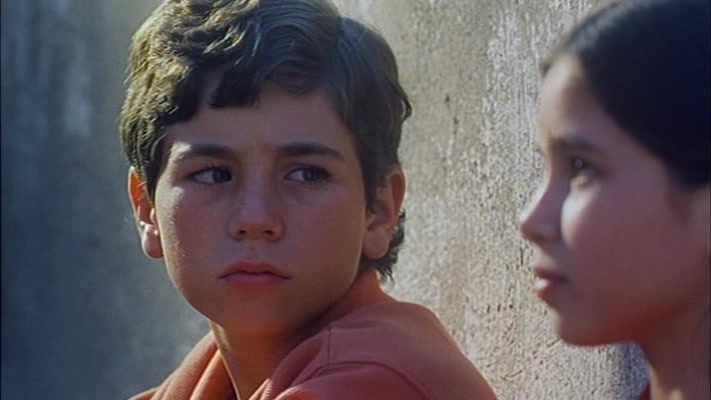A Review of Pajarico (1997)
Pajarico is a 1997 Spanish drama film directed by Carlos Saura, one of Spain’s most renowned filmmakers. The film stands out as a deeply personal and nostalgic story, inspired by Saura’s own childhood experiences. With its poetic storytelling and warm cinematography, Pajarico offers a tender look into the innocence of youth and the complexities of family life.
The story follows a 10-year-old boy named Manu, who is sent by his parents to spend the summer with relatives in Murcia, a region in southeastern Spain. As Manu explores his new surroundings, he is exposed to a slower-paced life, far removed from the urban environment he is used to. During his stay, he experiences first love, encounters a range of eccentric relatives, and begins to understand the adult world with its joys and conflicts.

One of the film’s strengths lies in its simplicity and emotional depth. Saura captures the essence of childhood wonder and curiosity through Manu’s eyes. The title Pajarico means “little bird,” symbolizing Manu’s delicate and evolving view of the world around him. The film avoids heavy drama, instead opting for subtle moments that gently reveal character and emotion.

The cinematography and music add to the nostalgic mood, painting a warm and almost dreamlike portrait of rural Spain in the 1950s. The performances, especially by the young actor portraying Manu, are natural and heartfelt, contributing to the film’s authenticity.

In conclusion, Pajarico is a beautiful and reflective film that touches on themes of family, memory, and growing up. It may not be fast-paced or action-packed, but its quiet charm and emotional honesty make it a moving experience for viewers who appreciate thoughtful, character-driven stories.
-1752481832-q80.webp)
-1751514554-q80.webp)
-1752303464-q80.webp)
